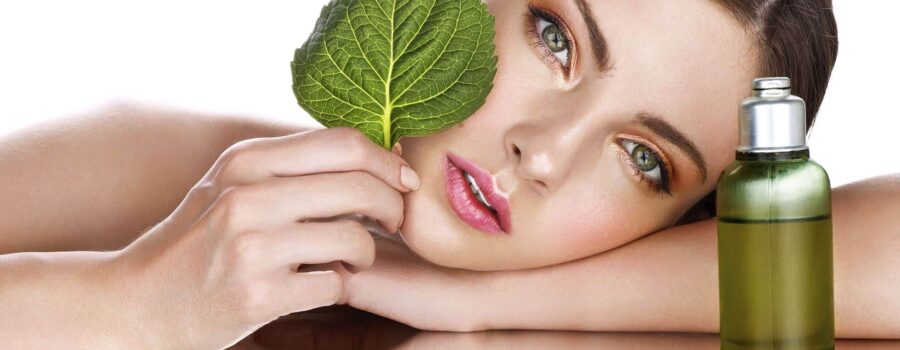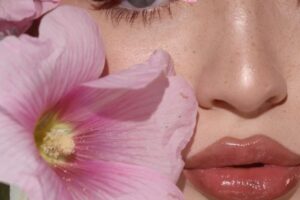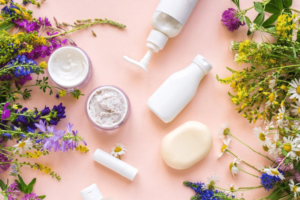Korean skincare is globally renowned for its innovative formulations and effective results, and at the heart of this success lies the centuries-old practice of fermentation. Herbal fermentation, a process deeply rooted in Korean traditions, has revolutionized modern skincare by enhancing the potency and bioavailability of natural ingredients. From rice and green tea to ginseng and soybeans, fermented herbs and botanicals are transforming the way we care for our skin. This article explores the science behind herbal fermentation, its benefits, and how traditional Korean ingredients are being modernized to deliver exceptional skincare results.
What Is Herbal Fermentation?
Herbal fermentation is a process in which microorganisms like bacteria, yeast, or enzymes break down natural ingredients into smaller, more bioavailable compounds. This transformation increases the concentration of beneficial nutrients such as amino acids, vitamins, probiotics, and antioxidants. By reducing the molecular size of active ingredients, fermentation allows them to penetrate deeper into the skin, maximizing their effectiveness.
In Korea, fermentation has been used for centuries in food preservation methods like kimchi and fermented teas. This same principle is now applied to skincare, where it enriches natural ingredients with properties that hydrate, soothe, and rejuvenate the skin.
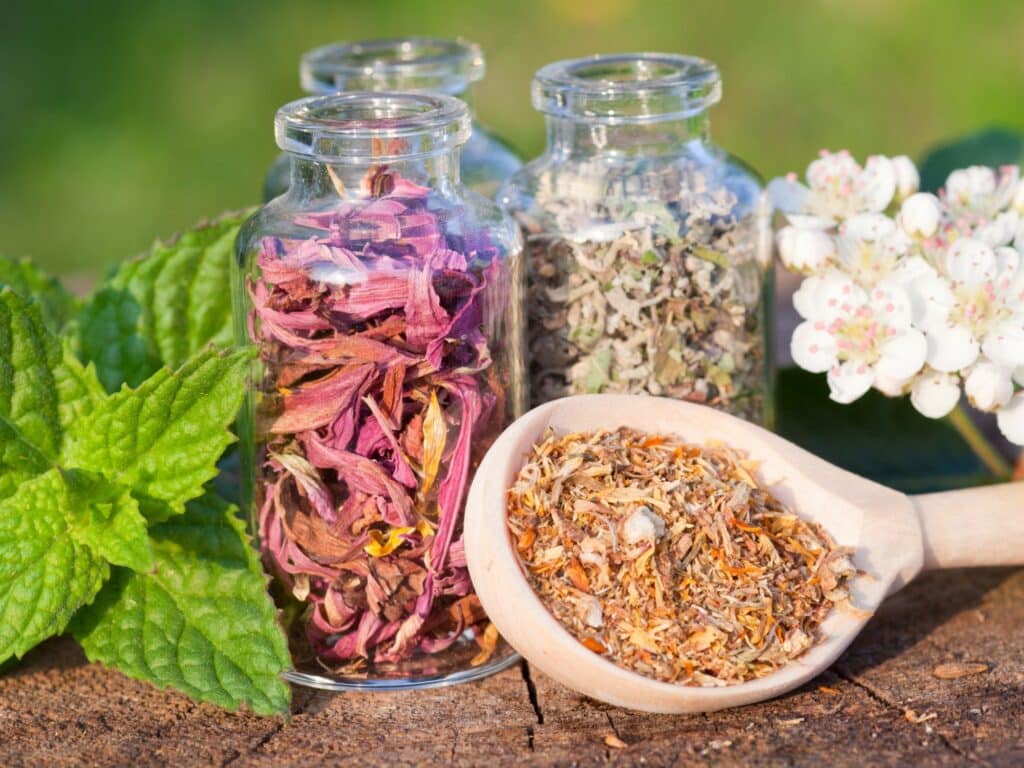
The Science Behind Fermented Ingredients
Fermentation enhances the efficacy of natural ingredients through three key mechanisms:
-
Improved Absorption: The smaller molecular size of fermented compounds allows them to be absorbed more easily by the skin.
-
Increased Potency: Fermentation boosts the concentration of nutrients such as antioxidants and amino acids.
-
Reduced Irritation: Toxic substances like heavy metals or pesticides in raw materials are neutralized during fermentation, making products safer for sensitive skin.
Traditional Korean Ingredients Used in Fermentation
1. Fermented Rice Extract
-
Benefits: Brightening, hydration, and improved skin texture.
-
How It Works: Rich in vitamins B and E, minerals, and amino acids, fermented rice extract helps fade dark spots, brighten the complexion, and deeply hydrate the skin.
-
Common Products: Toners, serums, and sheet masks for brightening and hydration.
2. Fermented Green Tea
-
Benefits: Antioxidant protection, soothing effects, and anti-aging properties.
-
How It Works: Packed with polyphenols and catechins, fermented green tea fights free radicals that cause premature aging while calming irritation and redness.
-
Common Products: Essences, toners, and creams for anti-aging and calming effects.
3. Fermented Ginseng
-
Benefits: Anti-aging, revitalization, and improved elasticity.
-
How It Works: Ginseng is a powerful adaptogen that boosts circulation and delivers antioxidants to reduce fine lines and enhance skin elasticity.
-
Common Products: Serums, ampoules, and creams targeting mature skin.
4. Fermented Soybeans (Natto Extract)
-
Benefits: Deep hydration, firming effects, and strengthening the skin barrier.
-
How It Works: Rich in enzymes and amino acids that promote collagen production while intensely hydrating the skin.
-
Common Products: Moisturizers and anti-aging serums for hydration and firmness.
Benefits of Herbal Fermentation in Skincare
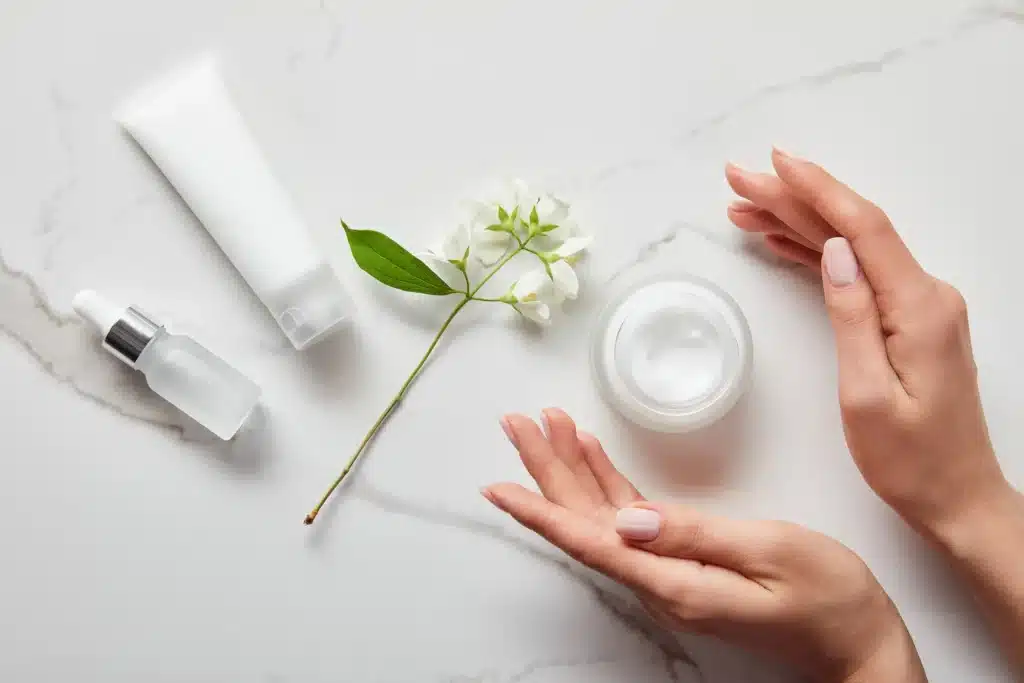
- Enhanced Hydration. Fermented ingredients like rice extract boost moisture retention by improving skin barrier function. They lock in hydration while preventing transepidermal water loss (TEWL), leaving your skin plump and radiant.
- Anti-Aging Properties. Fermented ginseng and soybeans are rich in antioxidants that combat free radicals responsible for wrinkles and sagging skin. They also stimulate collagen production for improved elasticity.
- Brightening Effects. Ingredients like fermented rice extract help fade hyperpigmentation by promoting cell turnover. This leads to a brighter complexion with reduced dark spots.
- Barrier Repair. Probiotics generated during fermentation strengthen the skin barrier by supporting its microbiome. A healthy barrier protects against environmental aggressors like pollution and UV rays.
- Reduced Sensitivity. Fermentation neutralizes irritants in raw materials while creating soothing compounds like organic acids. This makes fermented products ideal for sensitive or reactive skin types.
Modern Applications of Herbal Fermentation
Korean skincare brands have embraced fermentation as a cornerstone of their formulations. Innovative products like essences enriched with fermented botanicals are designed to deliver deep hydration while improving overall skin health. For example:
-
Su:m37’s “Secret Essence” contains over 80 fermented herbs to rejuvenate the skin.
-
Neogen’s “Real Ferment Micro Essence” features fermented birch juice combined with probiotics for intense hydration.
These products demonstrate how traditional techniques are being modernized to meet contemporary skincare needs.
How to Incorporate Fermented Skincare Into Your Routine
To maximize the benefits of herbal fermentation:
-
Start with Cleansing: Use a gentle cleanser that prepares your skin for better absorption of active ingredients.
-
Apply an Essence: Choose an essence with fermented green tea or rice extract to hydrate your skin deeply.
-
Use Targeted Treatments: Serums containing fermented ginseng or soybeans can address specific concerns like aging or dryness.
-
Finish with Moisturizer: Seal in hydration with a cream enriched with probiotics or fermented oils.
Consistency is key—regular use ensures optimal results over time.
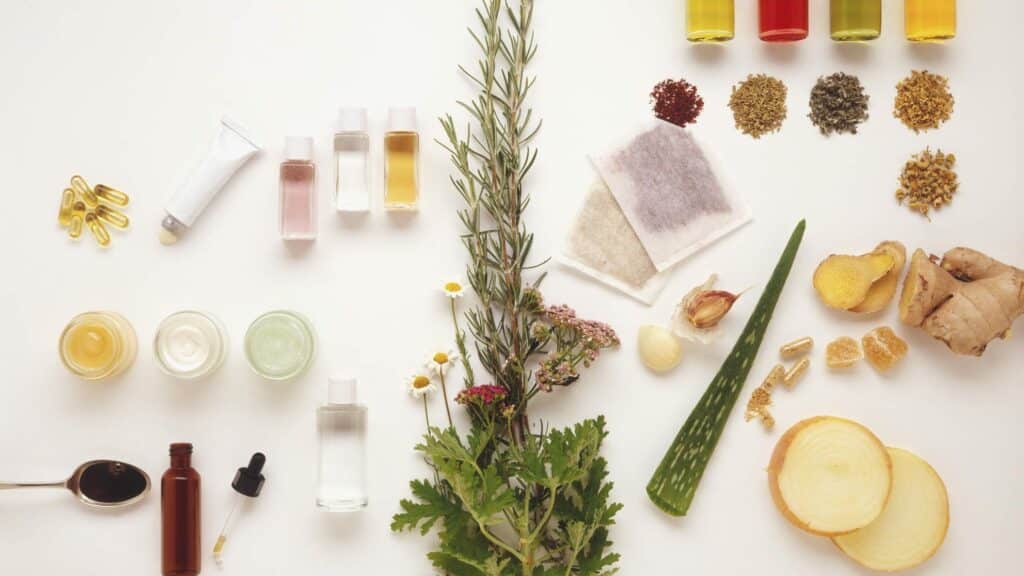
Why Herbal Fermentation Is Trending Globally
The rise of herbal fermentation reflects broader consumer trends toward natural ingredients and evidence-based formulations. Its popularity is driven by:
-
Scientific Backing: Studies confirm that fermented ingredients improve hydration levels while reducing signs of aging.
-
Sustainability: The fermentation process minimizes waste by utilizing every part of raw materials.
-
Cultural Heritage: Korean brands leverage their rich history of herbal medicine to create innovative products rooted in tradition.
Conclusion
Herbal fermentation represents a perfect blend of tradition and innovation in modern skincare. By transforming natural ingredients into potent solutions through microbial processes, this technique offers enhanced hydration, anti-aging benefits, brightening effects, and barrier repair—all while being gentle on sensitive skin.
For businesses looking to capitalize on this trend or expand their product offerings, partnering with a trusted Korean skincare wholesale exporter provides access to high-quality fermented products crafted using cutting-edge technology combined with traditional expertise. Embracing herbal fermentation not only elevates your skincare routine but also connects you to centuries-old wisdom reimagined for today’s beauty needs.

